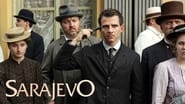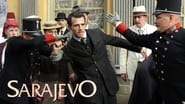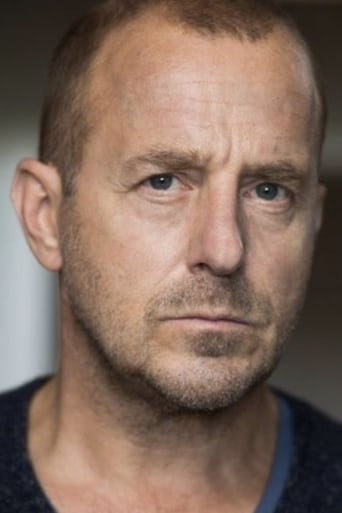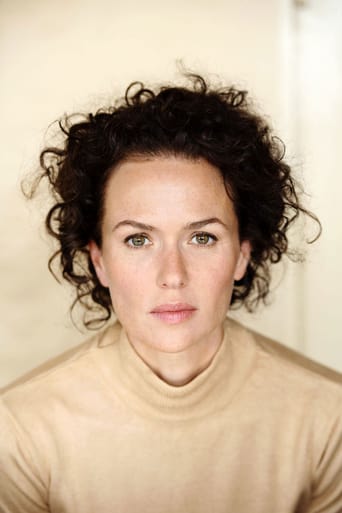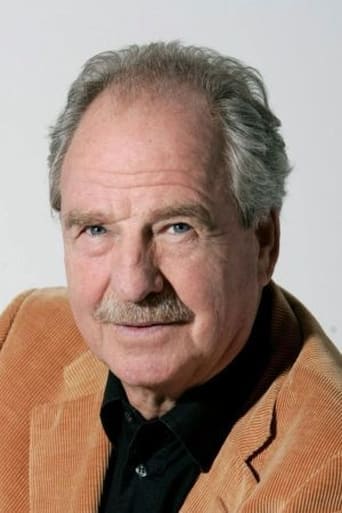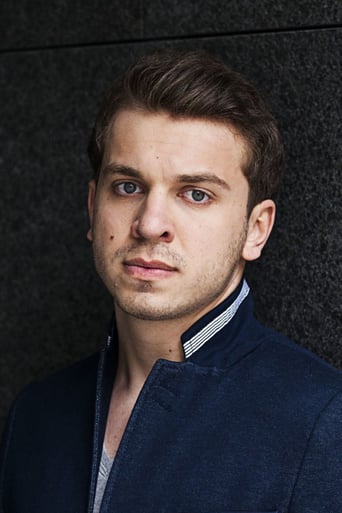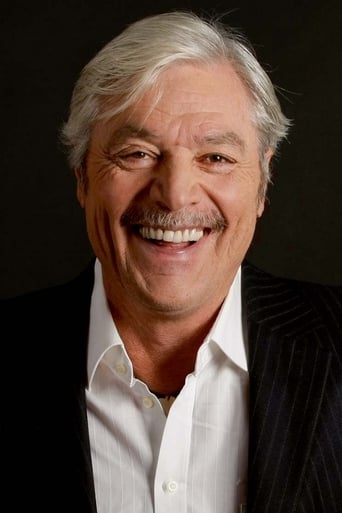Lovesusti
The Worst Film Ever
Marva
It is an exhilarating, distressing, funny and profound film, with one of the more memorable film scores in years,
Sarita Rafferty
There are moments that feel comical, some horrific, and some downright inspiring but the tonal shifts hardly matter as the end results come to a film that's perfect for this time.
Haven Kaycee
It is encouraging that the film ends so strongly.Otherwise, it wouldn't have been a particularly memorable film
orcavine
Good movie. Suggests that the assignation of the arch duke was a conspiracy of Austria and Germany not Serbia. The arch duke was a problem to the the Austrian elite and military as he was against a war against a war with Serbia and that he was going to upend the power control of the elite in Austro-Hungaria when Emperor (e.g. his wife would be empress and his children would inherit the throne). This also included that Empire would become a constitutional monarchy like Britain and that all nationalities would have equal power in the empire. He also didn't want war with Serbia as he believed that his military was needed to maintain control and repress civil war in the empire, not war with a neighbor country . The Austrian Military and power elite wanted otherwise and in a conspiracy with Germany plotted to murder him which they could then blame on Serbia and a pretense to start a war.
karris
It's interesting that this story is told from the POV of someone Jewish, in love with a Serbian woman, with ample foreshadowing of the holocausts both would face in the 20th century. Few people realize a million Serbs were killed by the Austrians in WWI, including many reprisals on civilians. There's also scanty knowledge of the systematic extermination of Serbs by fascists in WWII. And of course, scanty knowledge, readily dismissed, of the extent Austria was going to to provoke a war with Serbia for years before the Archduke's visit. But if you follow the way they are referred to in this script, and the treatment they receive the picture is painted accurately. You know, things like "Those dirty Serb dogs," "It's a Serb-owned business, let's loot it." "Let's go wipe them off the face of the earth." It was Austrian people, apparently, making this film, acknowledging freely that this was a story of a tiny, indefensible country sitting in one of those hapless superpower thoroughfares, who is constantly overrun, who should have died out, like the Jews, centuries ago, but here they still are. I see some of the reviewers are doubting how believable the railroad-to-Baghdad theory is that's put forth in the script, but comprising the land route between Europe and the Middle East, there's always something somebody wants, and whoever wants to be powerful is always sticking their hand in that cookie jar, have been for millennia, all the way back to the Romans.It was quite refreshing to see a depiction of this historical/ political reality, instead of the 'Serbs as Fascists' delusional propaganda that has been rife in western media in recent decades. (Another cookie jar saga there.) I had a good laugh at the remark in the script the Austrian bureaucrats were making about the outrageous demands they'd make on Belgrade to be sure they were refused. Apparently somebody in Austria was listening to a similar Belgrade conversation ca. 1999. Thank you Austria: Krausz, Ambrosch, Prochaska. It's nice to know there are people who have observed the nature of Serbia vs. the 20th century and see who the players really are, and the true nature of the tragedy.
Hidingintheshadows
I agree with most of the first review, except that I highly recommend it. It could perhaps be argued that it qualifies as 'historical fiction', but then, so is very much of what actually passes for historical non-fiction-- perhaps better referred to as 'history massaged', after the fact. Not to encourage the so-called 'conspiracy theorists', but fact is that history is replete with examples of history being massaged before the fact. Whether you agree with the premise (I am still checking), fact is that it actually (to my mind, and tastes), is much more engaging than, say pretty much anything that Tom Cruise has done--because this, at least, has a very strong possibility of being not far from the truth.
Horst in Translation (filmreviews@web.de)
"Sarajevo" is an Austrian/Czech co-production from 2014 that deals with a crucial event on its 100th anniversary. It is a 95-minute movie in the German language that came out the very same year that director Prochaska and writer Ambrosch made the pretty well-known western movie "Das finstere Tal". But back to this one here: It is a small screen release and the title already gives away that there is a historic context to it because Sarajevo is of course the place where it all started over a century ago in terms of World War I. On a completely unrelated note, recently, the film got a bit of a boost because it got picked up on Netflix. And this movie once again confirmed for me that I have much more interest in World War II than World War I. The problem wasn't at all here that there was no war action, but it dealt a lot more with the interrogations of the people responsible for the shooting of the Austrian heir to the throne. The cast includes a handful names that German film buffs will probably recognize, such as Heino Ferch, Edin Hasanovic and Erwin Steinhauer perhaps too. The film is very sterile and bleak and it's probably not that great for younger audiences because I did not feel it delivered too much in the historic context and there are relatively cruel references, not just about the assassination, but also about executions. So yeah, all in all, the film's dialogues were not good enough for me personally to work as a mostly dialogue-driven film for almost 100 minutes. I personally give it a thumbs-down. Not recommended.



